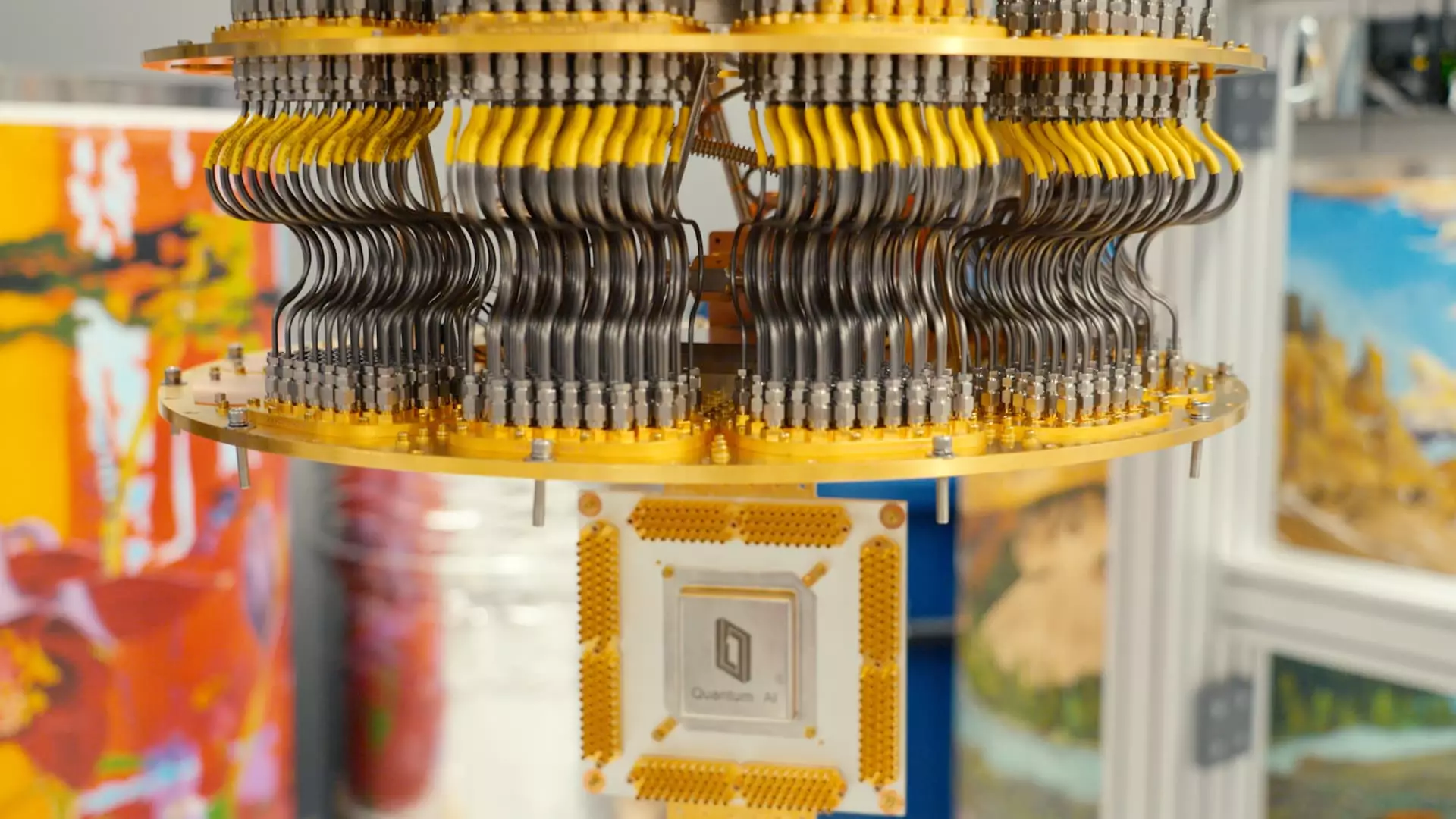Nestled within a network of discreet facilities in Santa Barbara, California, Alphabet is pioneering a transformative journey toward quantum computing supremacy. This initiative is not merely a corporate experiment; it’s a significant plunge into a domain that could redefine technological frontiers. The ambitious project led by Google Quantum AI aims to fuse quantum mechanics with artificial intelligence (AI), promising unprecedented advancements in computational power and innovative problem-solving.
The AI Exodus and Google’s Reawakening
Let’s not mince words: Google has at times found itself in the shadows of the AI landscape, with OpenAI carving its niche first with ChatGPT in late 2022. The rapid ascension of generative AI caught Google unprepared, sparking concern that the tech giant was fading into obsolescence. However, their unveiling of the Willow quantum chip marks a decisive moment of resurgence. This chip transcends current classical computing capabilities, boasting a speed that offers solutions to complex problems previously thought insurmountable. It’s a declaration of intent: Google is not just participating in the AI revolution; it’s positioning itself to lead it.
The Power of Quantum Bits
What distinguishes Willow is not merely its theoretical underpinning; it embodies tangible advancement, especially in error reduction through additional quantum bits. This milestone draws excitement from authorities in the field, including Caltech’s John Preskill, who’s labeled it a long-awaited breakthrough. In an era when AI systems grapple with data depletion, Google’s quantum initiative offers a refreshing perspective, suggesting that quantum computers could generate entirely new datasets. This capacity to create original data will be crucial as prevailing AI models begin to hit data walls in their training processes.
The AlphaFold Paradigm Shift
Among the gems of Google’s AI achievements is AlphaFold, which recently garnered the 2024 Nobel Prize in Chemistry for its unprecedented contributions to protein structure analysis. Julian Kelly posits that leveraging quantum computing could expand the horizons of models like AlphaFold. AI has mostly derived insights from existing data, yet quantum computers could unlock the potential to simulate and understand data structures informed by quantum mechanics. This revelation could lead to a new frontier in AI training that radically enhances our understanding of scientific phenomena.
A Tangible Horizon for Quantum Breakthroughs
Kelly’s optimism is palpable as he forecasts that practical applications of quantum computing will begin to emerge within five years. This timeline isn’t merely optimistic conjecture; it suggests that the convergence of quantum methodologies with AI could yield groundbreaking results that were once the domain of science fiction. Such advancements have the potential to address some of humanity’s most pressing challenges by harnessing the almost limitless computational power of quantum systems.
In this nascent stage of quantum exploration, Google’s endeavor is not merely about keeping pace with technological evolution; it symbolizes a daring ambition to redefine the interplay between computation and intelligence. The stakes couldn’t be higher, as the world watches this colossal leap into the quantum realm unfold with keen interest.

